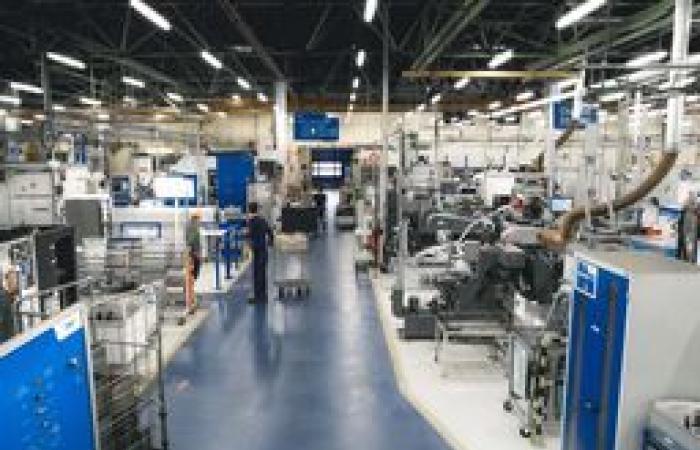The honeymoon continues between SpaceX and NASA. After selecting its Crew Dragon manned capsule to transport astronauts to the ISS and its lander for the Artemis moon return program, the American space agency has just awarded a major new contract to the company led by Elon Musk.
It selected it to develop the space vehicle responsible for deorbiting the International Space Station (ISS). The information was made public via a press release issued on June 26.
It was high time to think about it. Retirement is not far away for the largest spaceship ever built by man, which has been welcoming crews for 24 years without interruption to conduct scientific experiments in microgravity. The station is due to cease its activity in 2030, tomorrow in space time.
The pitcher’s contract still awaited
While SpaceX will manage construction, the US Space Agency will be in charge of operations in space. “While the company will develop the deorbit spacecraft, NASA will take possession of it after development and operate it throughout its mission,” NASA explains in the corresponding press release.
The contract signed with SpaceX could reach a maximum value of $843 million. The press release from the American space agency does not specify whether obtaining the contract gave rise to a competitive process or what the selection criteria were. NASA has yet to select a launcher to put this future spacecraft into orbit.
A sad fate awaits the ISS: pushed by this space vehicle, it will eventually disintegrate during its atmospheric re-entry. The pieces that survive this test should fall into uninhabited areas. No offense to SpaceX, the vehicle it will develop will not be reusable like its rockets and will also be destroyed during atmospheric re-entry.
Disengagement from low orbit
The choice of SpaceX recalls the leading role of NASA in the management of the ISS. The American agency recalls that four other space agencies have contributed to the construction and development of the station since 1998: the Russian agency Roscosmos, the European space agency, the Canadian agency CSA, and the Japanese agency JAXA.
Each agency is responsible for monitoring and supervising the equipment it provides. “The safe deorbiting of the ISS is the responsibility of all five agencies,” NASA said in its statement. While the Russian agency has committed to continuing its operations on board the ISS until at least 2028, its partners will continue their efforts until 2030.
NASA has decided to withdraw from low-orbit space activities to focus on more distant objectives such as the Moon, Mars and deep space exploration. For near-orbit, it supports space station projects led by private companies such as Blue Origin (owned by Jeff Bezos) or Axiom, to whom it will lease capacities to continue conducting experiments in microgravity.
Selected for you







